Medicaid Expansion –
A Bright Spot in a Trying Year
Medicaid is a key piece of the safety net in Missouri. The program, known in the state as MO HealthNet, allows low-income Missourians to see a doctor when they are sick, get checkups, buy medications, and go to the hospital. But, unlike the majority of U.S. states, Missouri entered 2020 as one of 14 that had not expanded its Medicaid program. In fact, it had one of the strictest income eligibility requirements in the country, and childless adults couldn’t use the program, no matter how little money they made. However, a citizen-initiated ballot measure (Amendment 2) had the potential to change everything.
Early in 2020, after years of studying the impacts of expansion, we made our stance official. Given the weight of evidence from other states, as well as Missouri-specific research we commissioned in 2019, we could say confidently that expanding Medicaid in Missouri just made sense. From a health perspective it was clear – expansion would enable an estimated 275,000 Missourians to gain health insurance coverage. But in addition to that, there were a variety of economic benefits for the state. This pro-expansion stance was further bolstered in 2020 by our release of the Regional Economic Models, Inc. (REMI) report, which detailed numerous economic advantages to expansion.




Medicaid is an intricate program with many different pieces and rules. For this reason we publish an annual Medicaid Basics publication and fact sheet.
Supported by positive research and data, our responsibility became clear. While other organizations worked to explicitly promote Amendment 2, we leaned into our position as a trusted source of non-partisan information. Our role was to raise awareness about the value of Medicaid expansion more broadly, both from an economic and health perspective. In late spring, we launched one of the Foundation’s biggest communications campaigns yet – Makes Sense MO.
We went about conducting (virtual) focus groups in both cities and rural areas throughout the state to help inform the campaign. We used this state-focused insight to help create a wide array of materials to promote the benefits of expansion. From television and radio ads, to social media toolkits our partners could share, to op-eds in newspapers, the campaign touched all corners of the state.
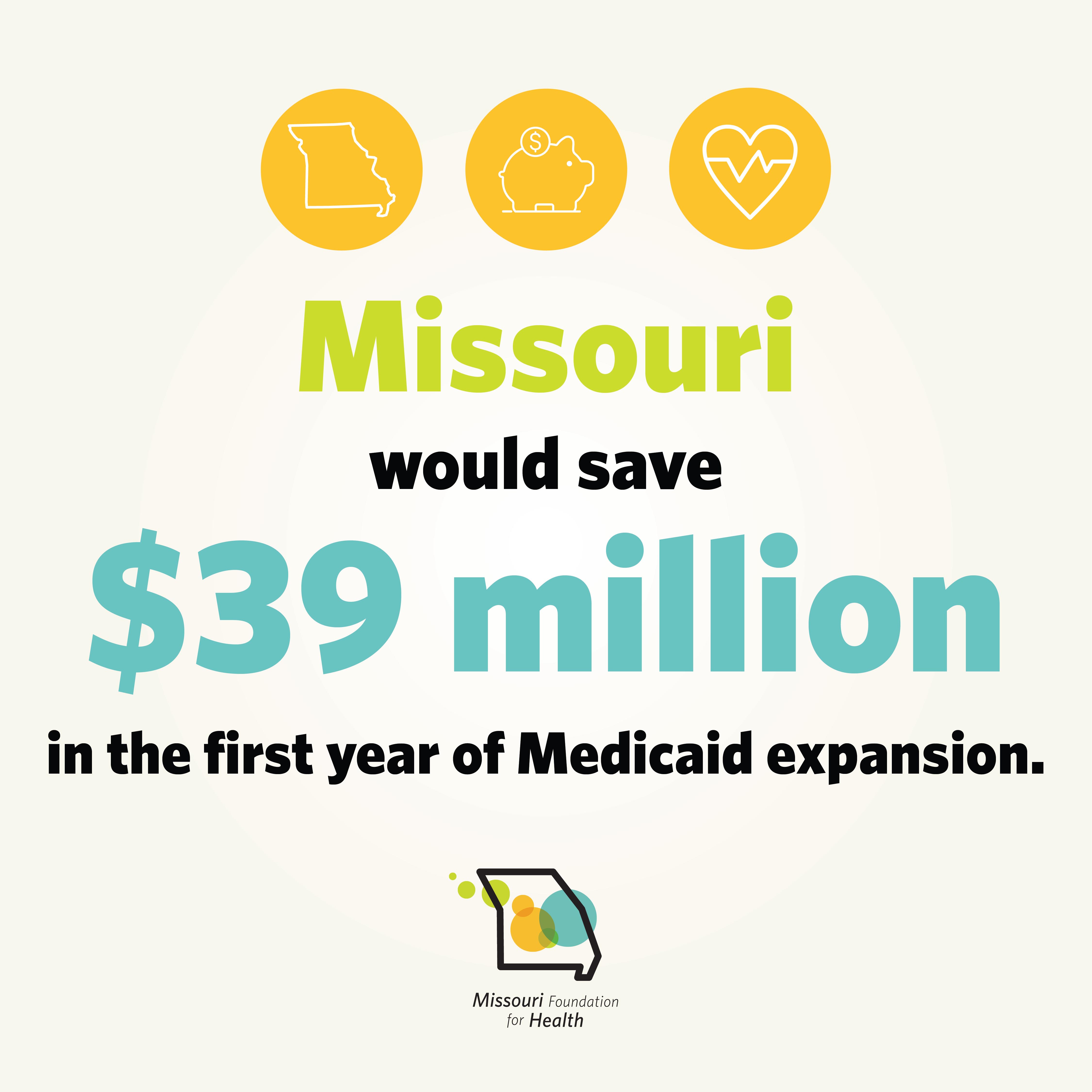
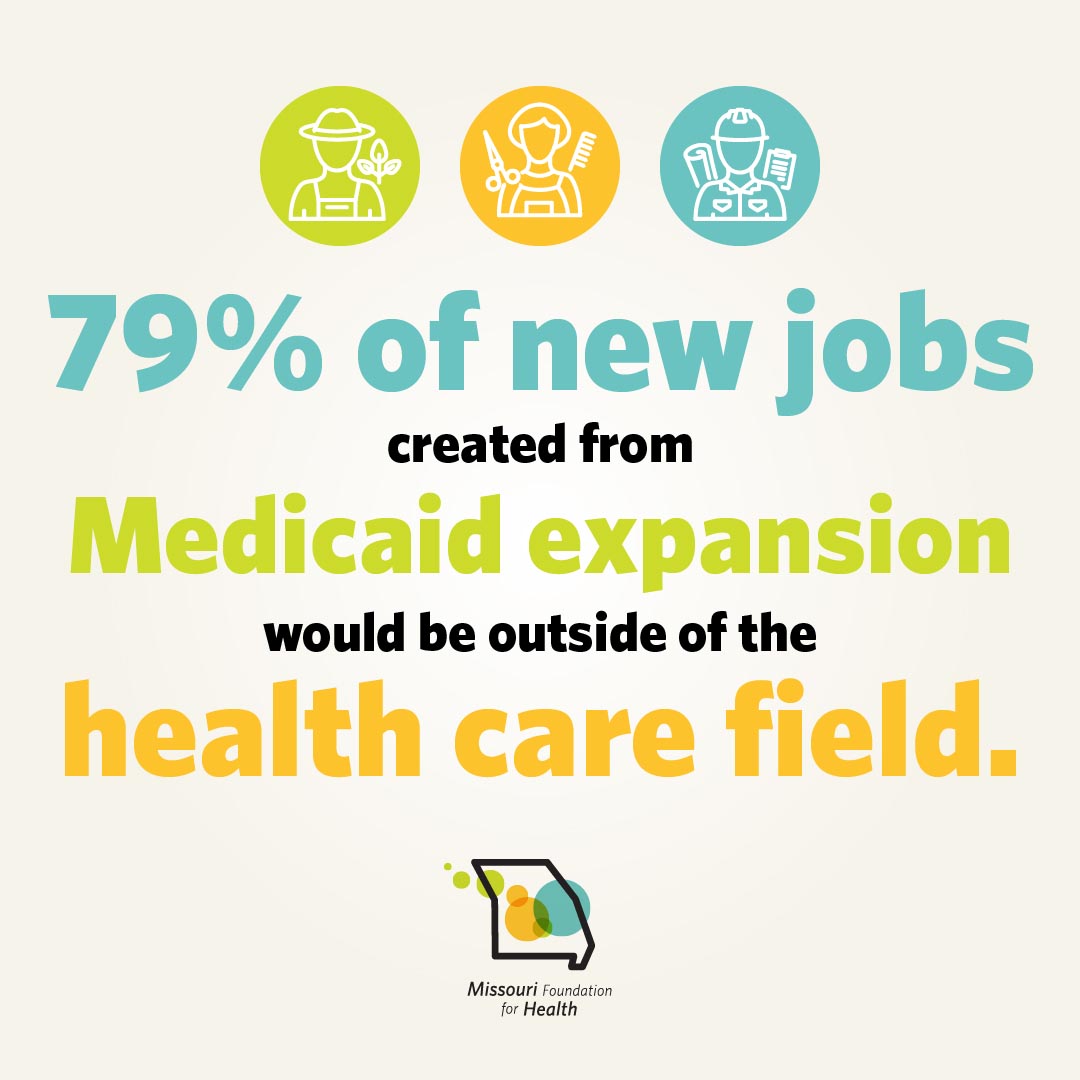
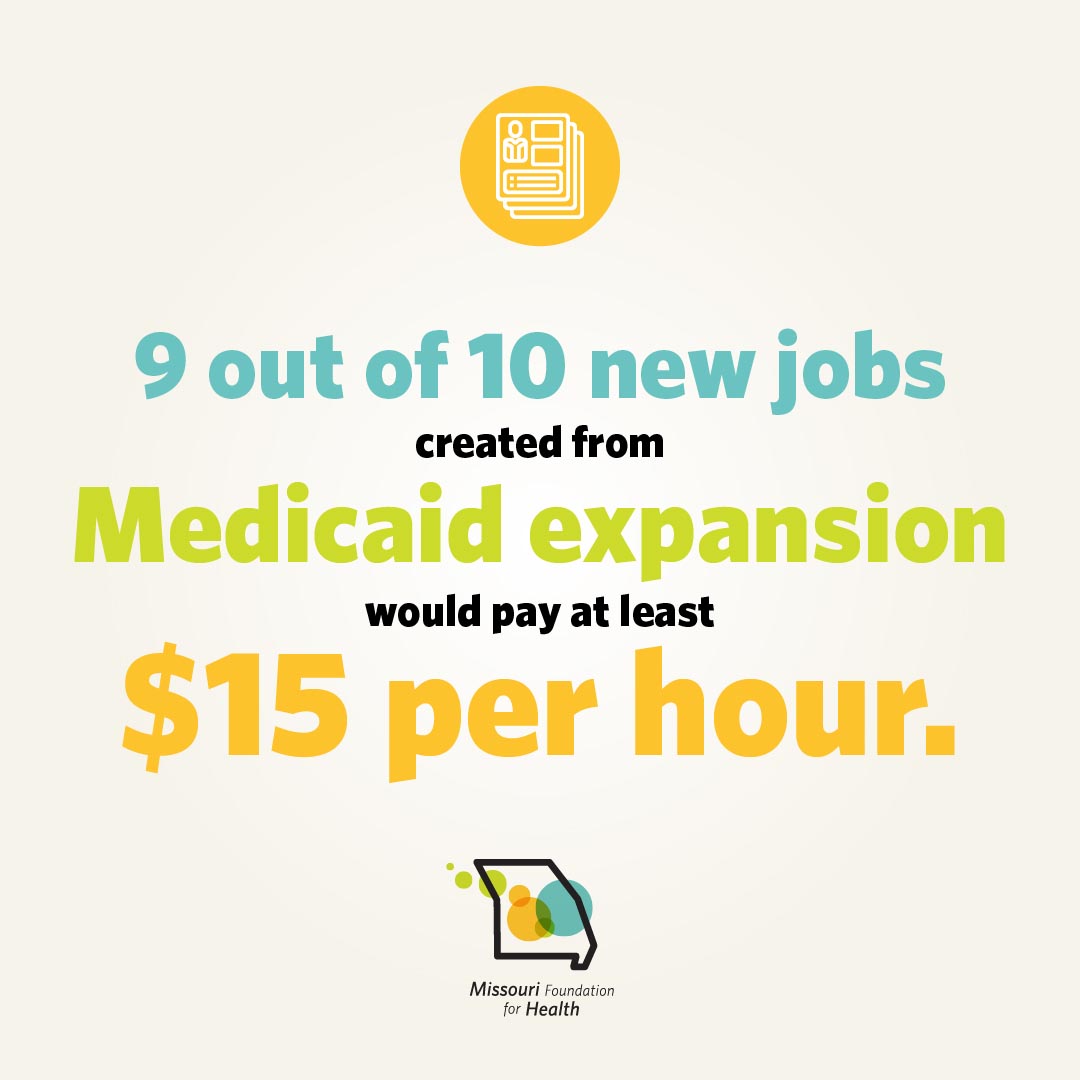

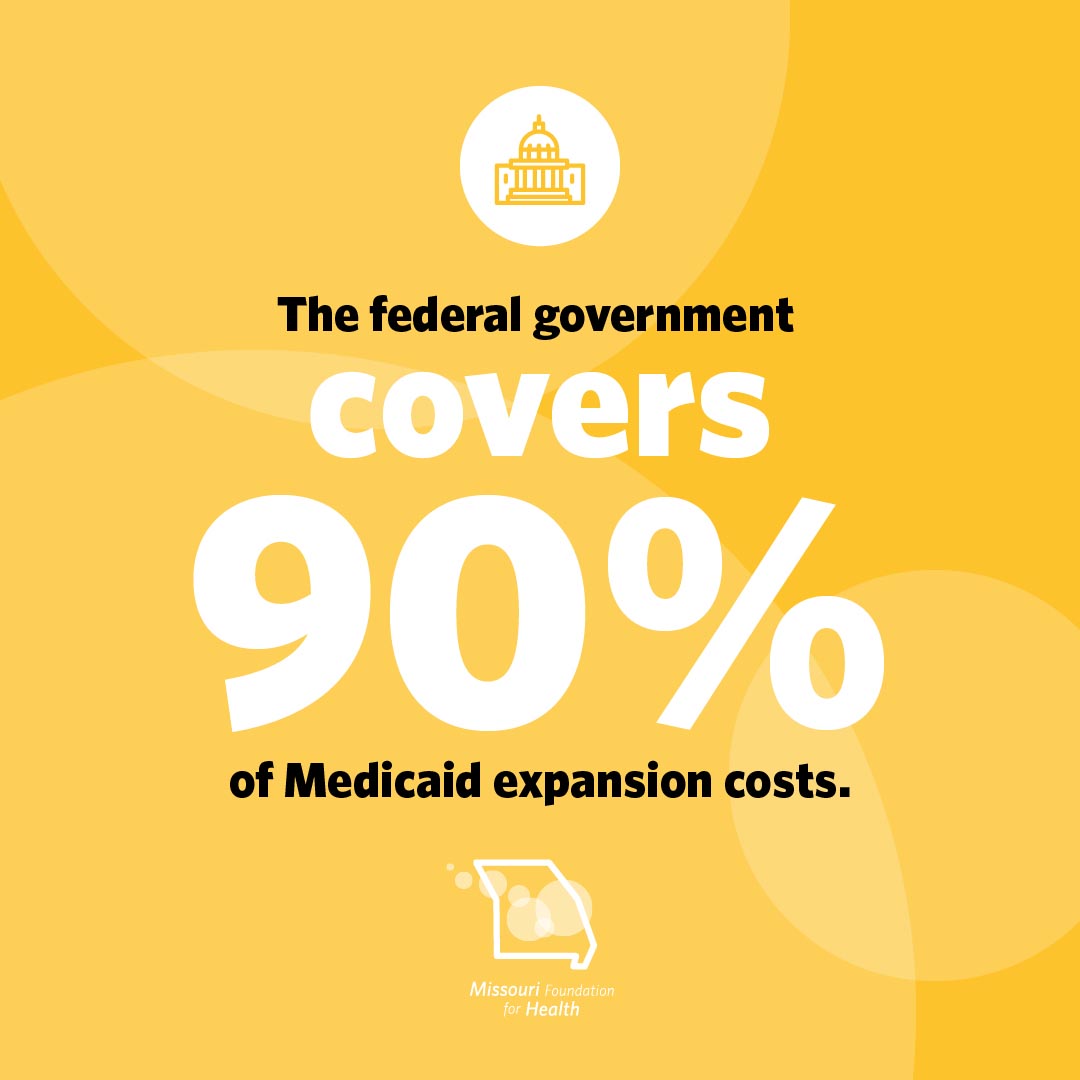
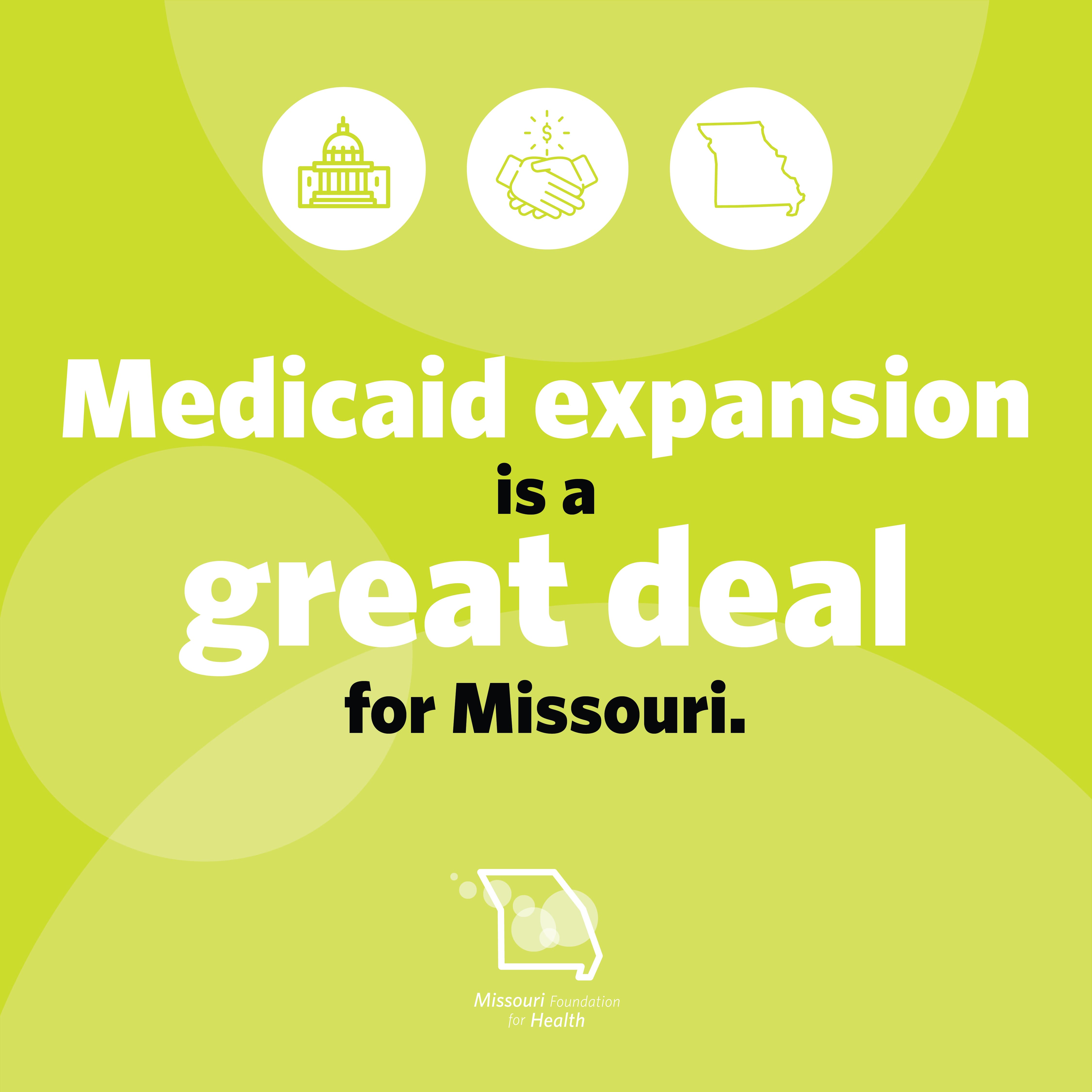
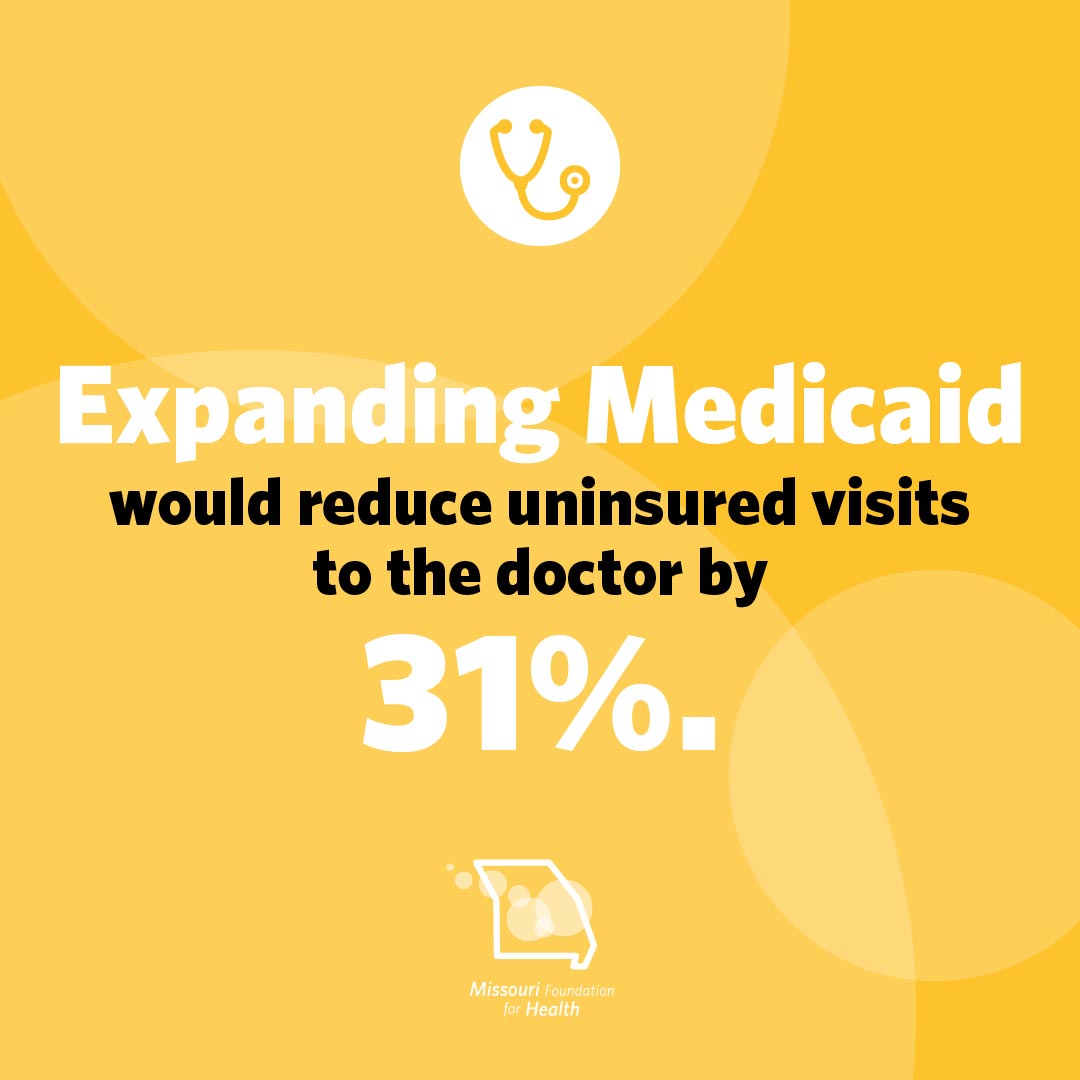
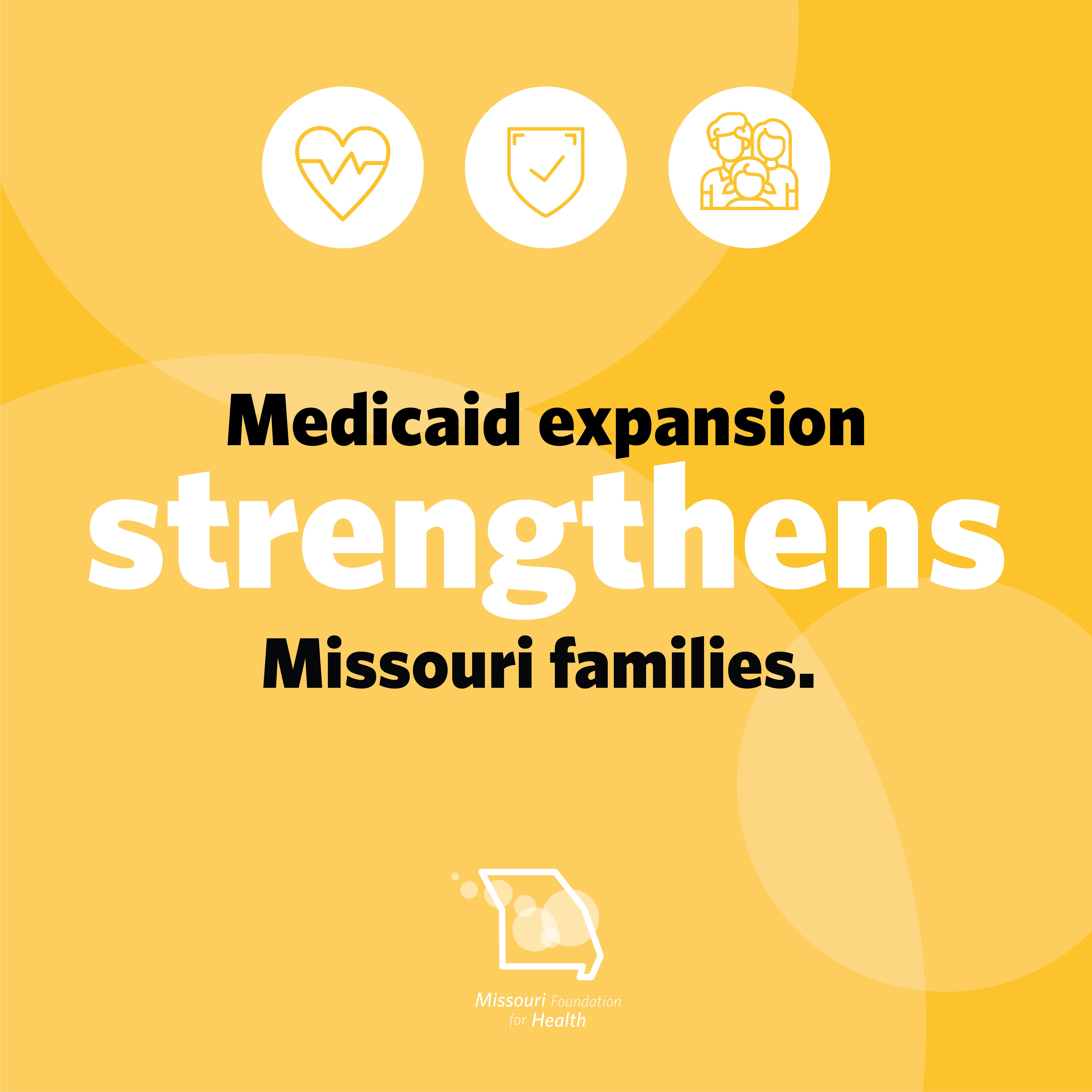
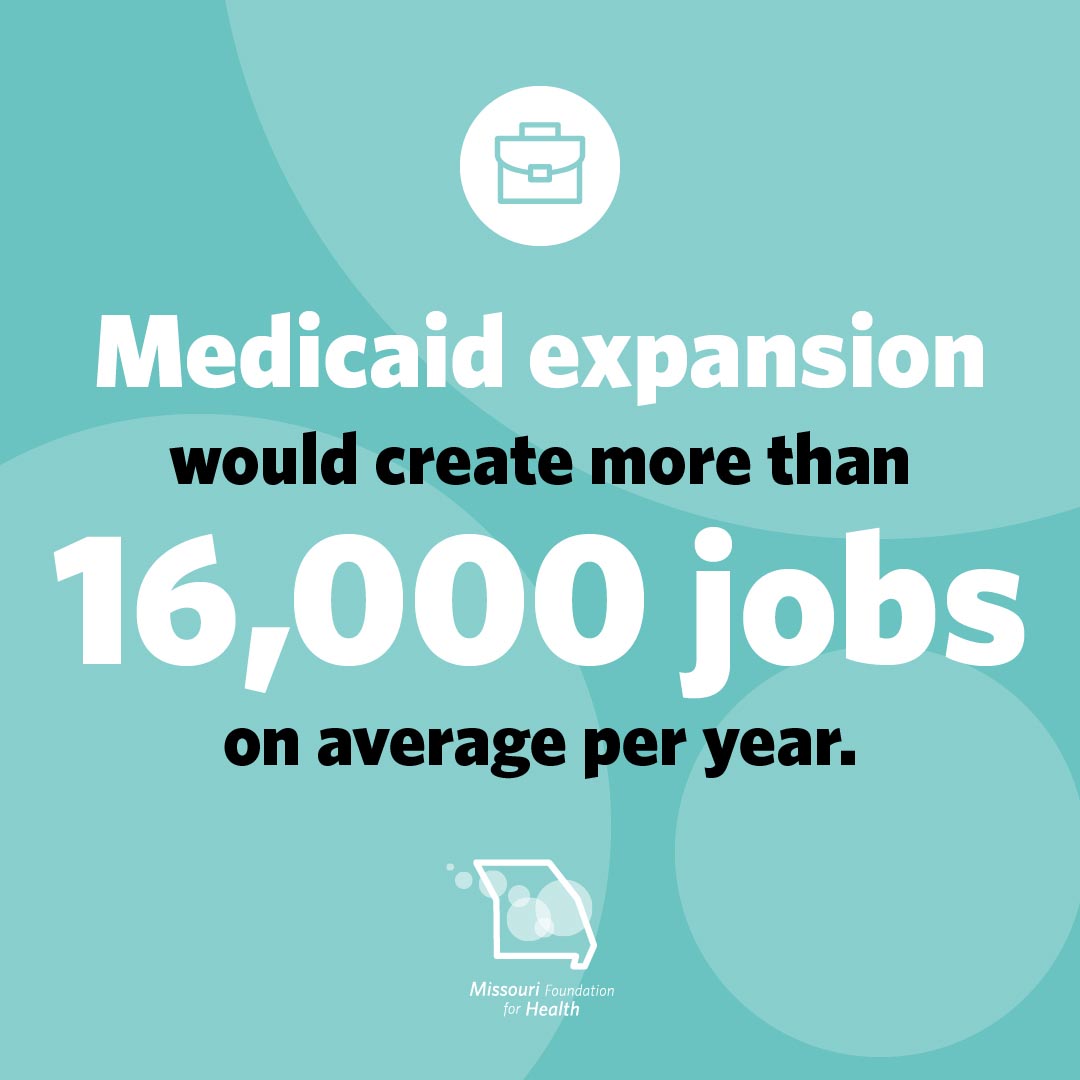
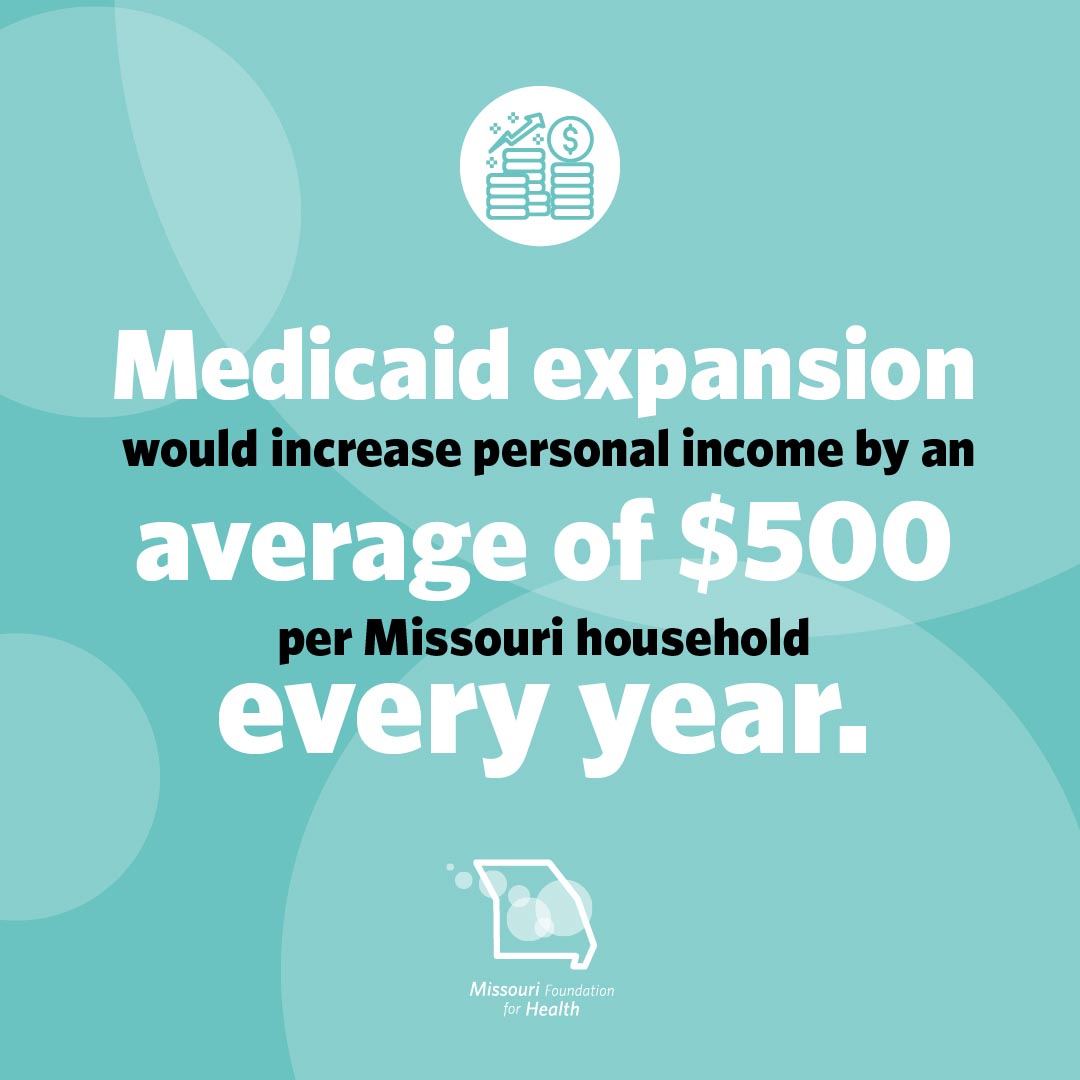
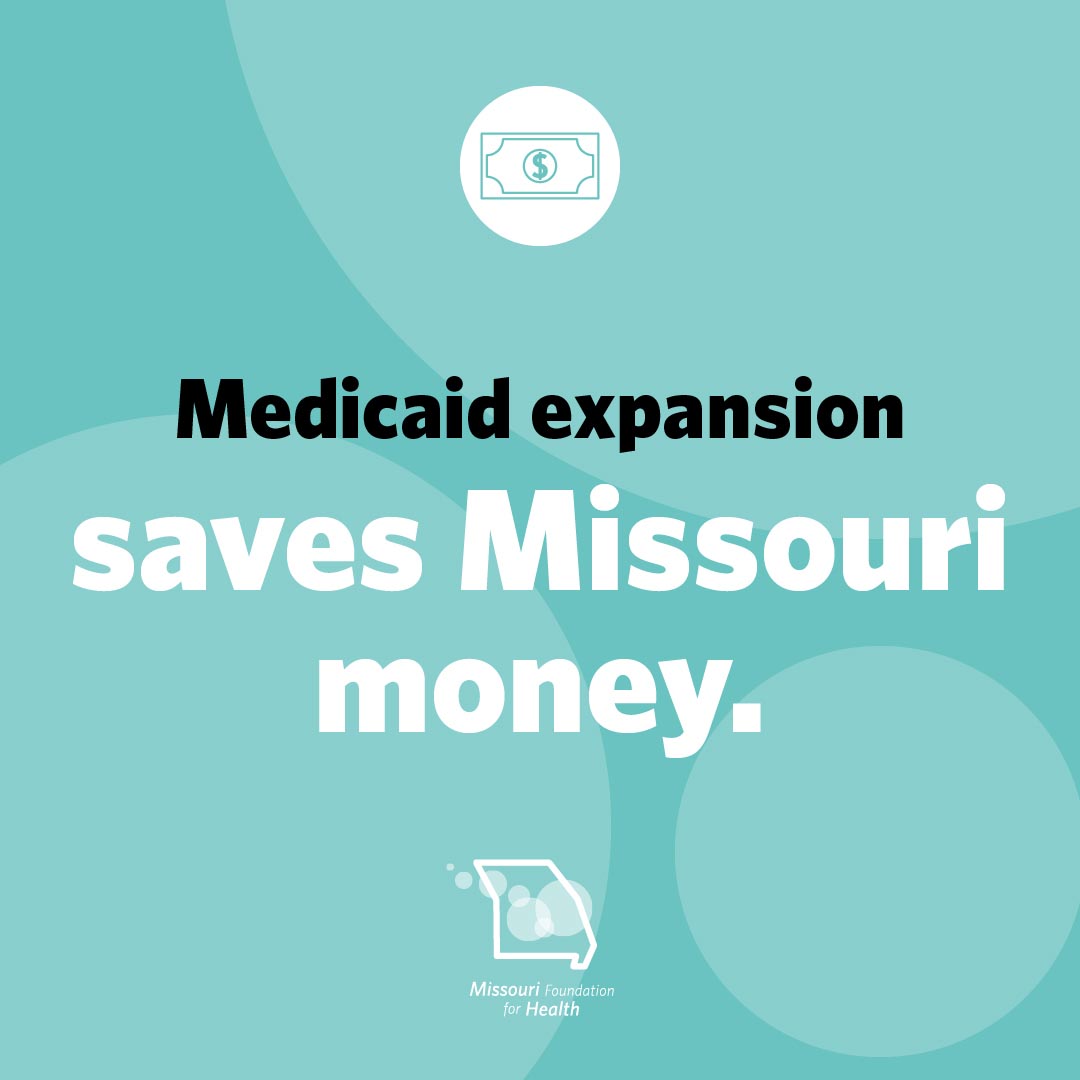

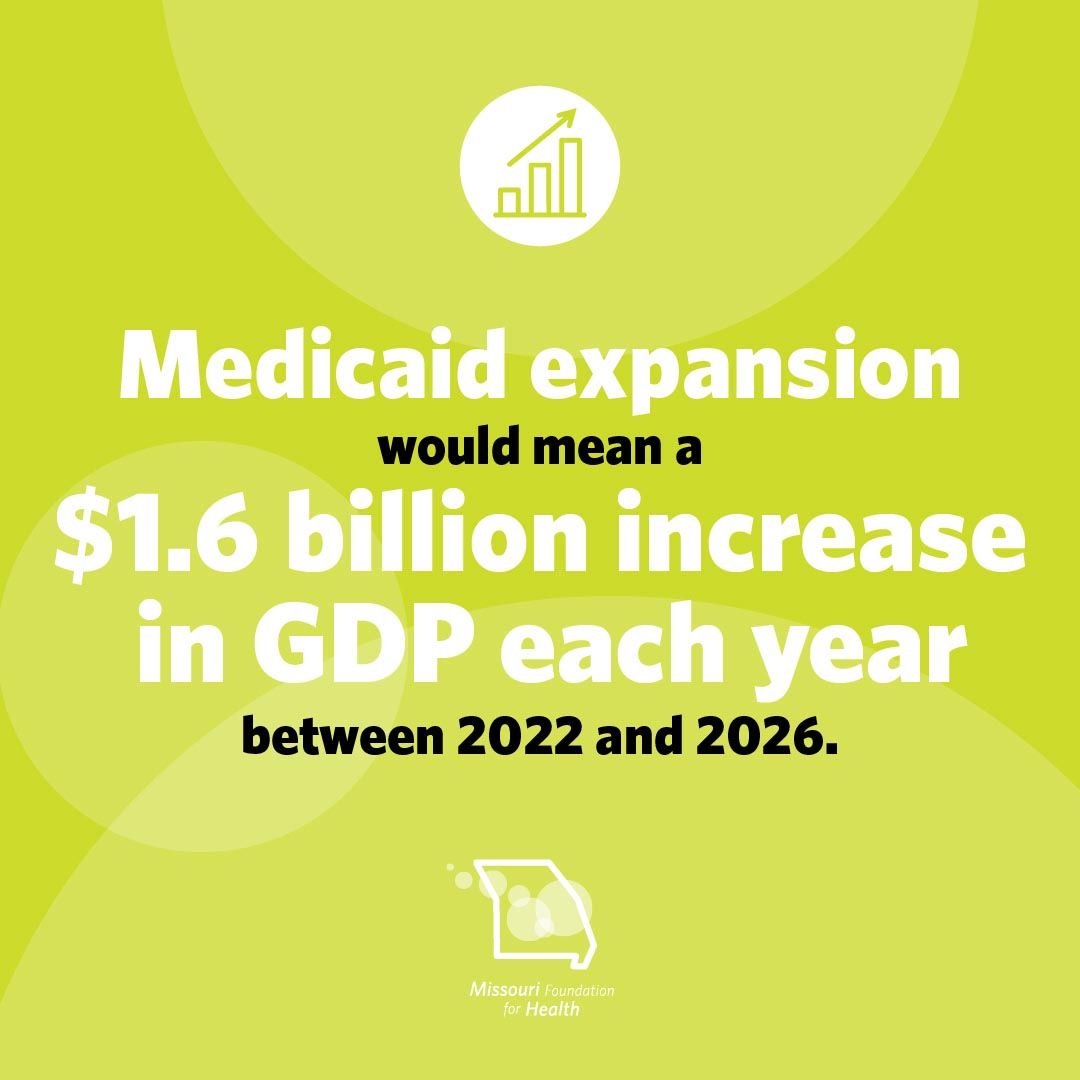
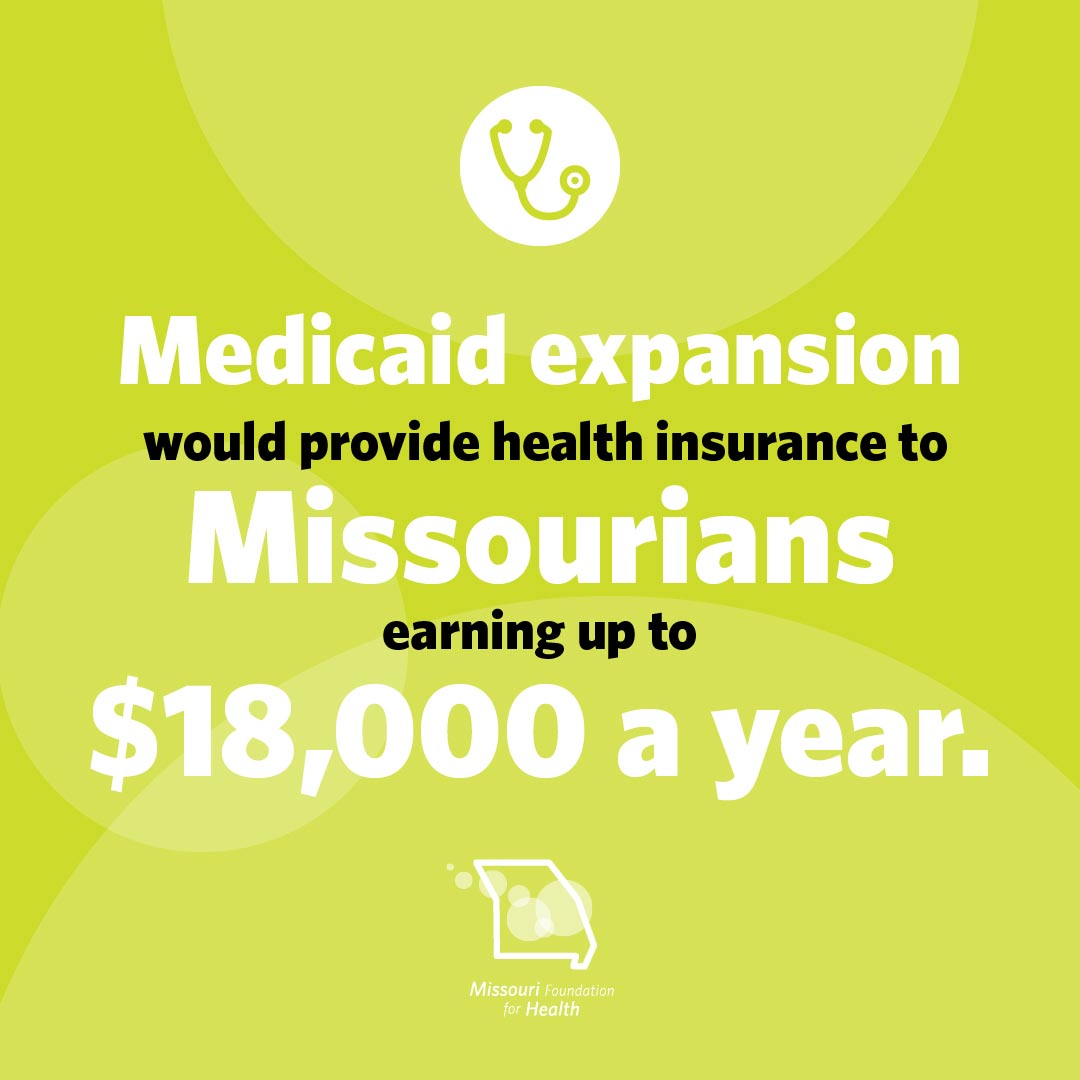
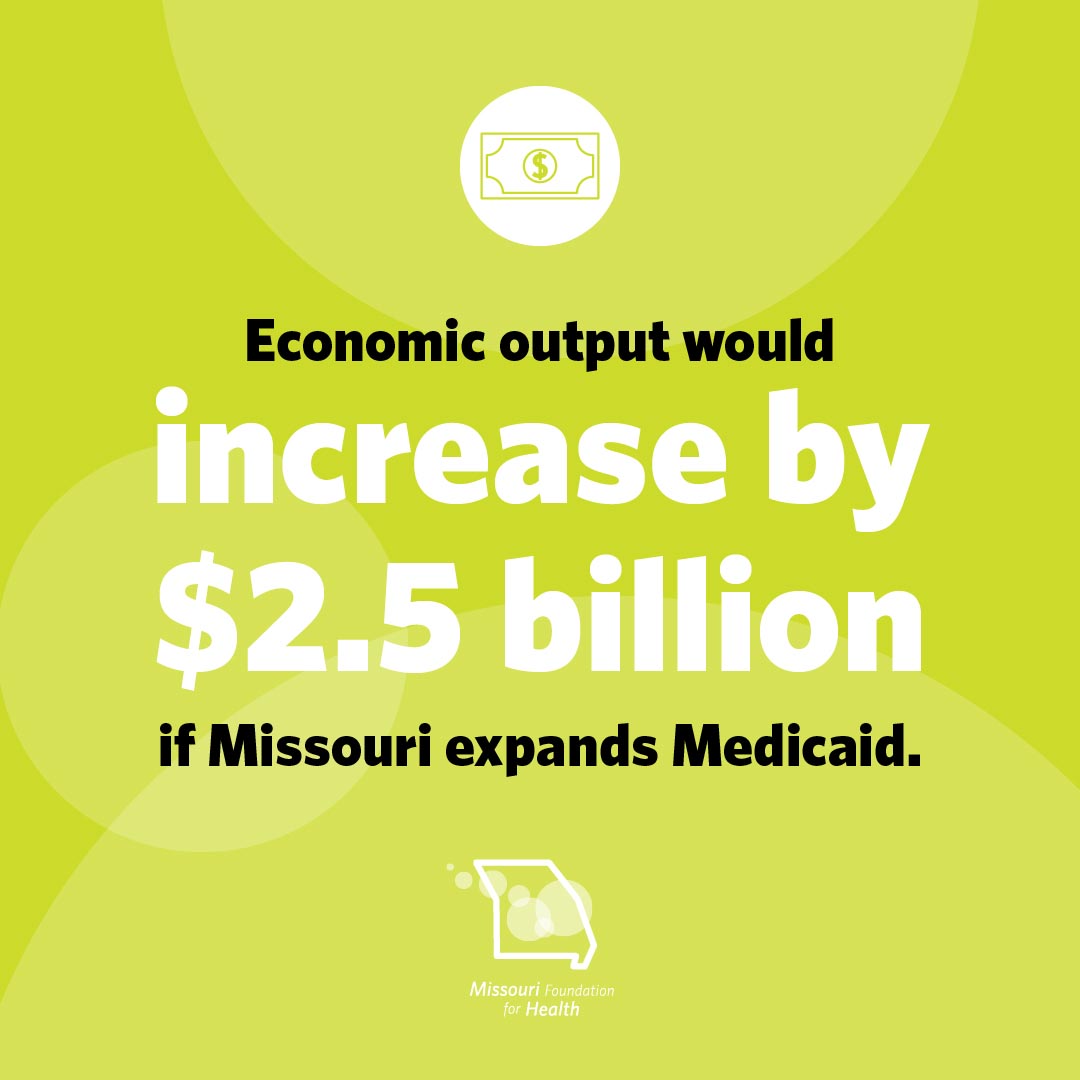
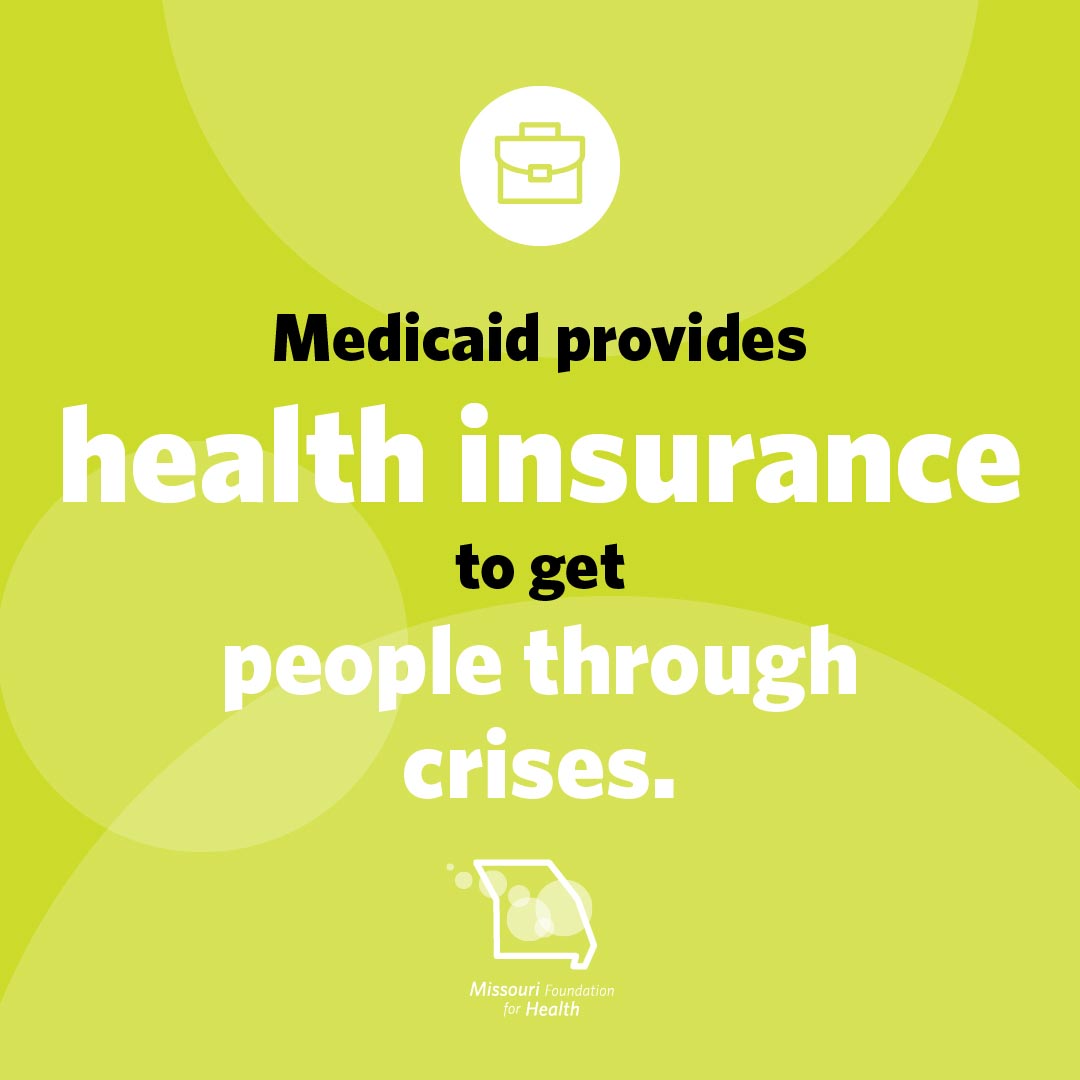
Like many things in 2020, the campaign progressed with its share of complications. With only a couple of months to spare, Amendment 2 was suddenly moved from November 3 to the August 4 primary election. Even with this dramatic change in timelines, we were able to collaborate with our many partners to raise awareness about the advantages of expansion.
And… with 53.25% of the vote, it passed! Though the amendment was supported in large part by urban voters, the win would not have been possible without substantial “yes” votes from across the state. Advocates for expansion breathed a sigh of relief, but our work isn’t over yet.
Medicaid is scheduled to be expanded in Missouri in July of 2021*, and throughout that process the Foundation is committed to helping the transition run smoothly and effectively. Work is already underway in collaboration with state officials and MO HealthNet in order to make the changes necessary for the program to work for the many Missourians who will soon be eligible for the first time.
*A refusal to allocate funding by the Missouri Legislature has put this expansion date into question. As of this writing, we hope for expansion to begin sometime in 2021.What About the Affordable Care Act?
The Affordable Care Act has helped large numbers of Missourians gain health insurance coverage, but without Medicaid expansion, far too many people fall into what is known as the coverage gap. They make too little money to pay for insurance through the ACA marketplace, but too much to qualify for Medicaid. In addition, pre-Medicaid expansion, childless adults in Missouri couldn’t qualify for Medicaid coverage under any circumstances.
